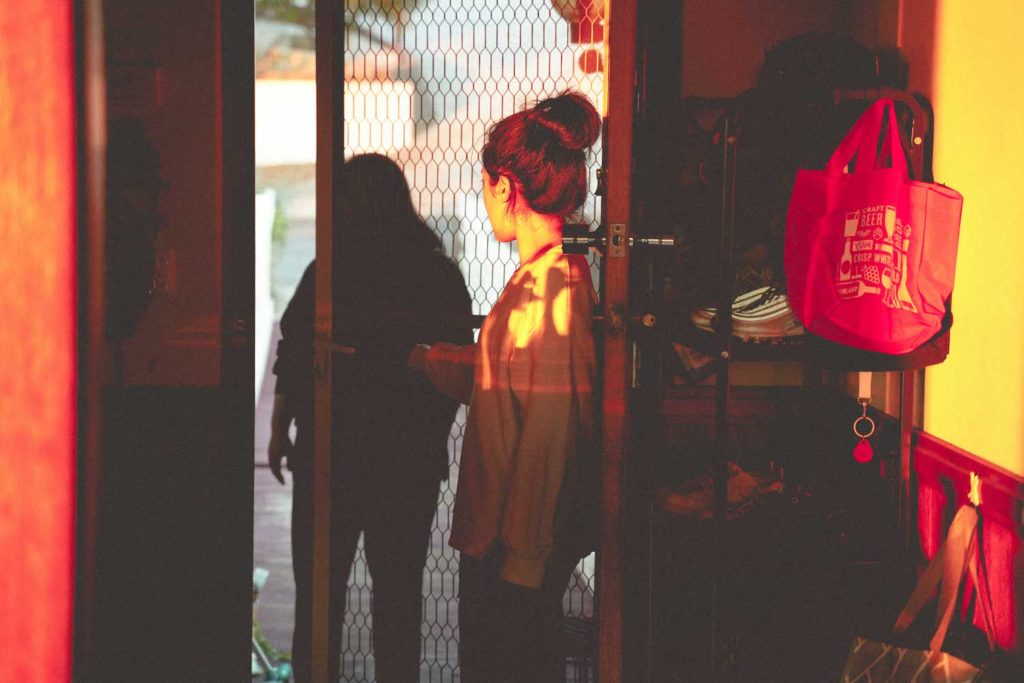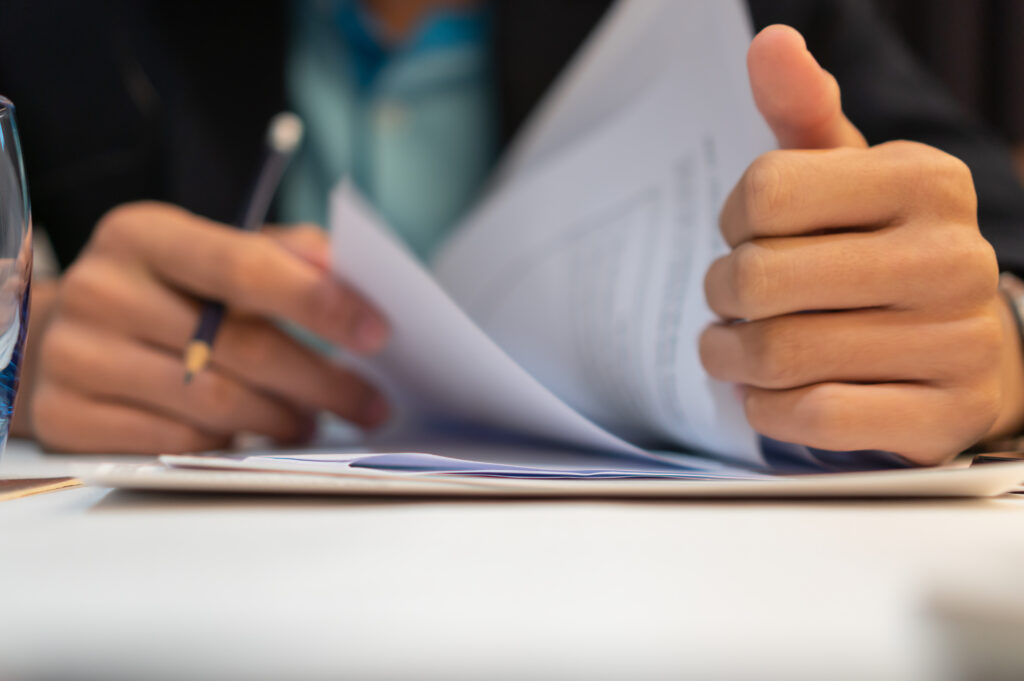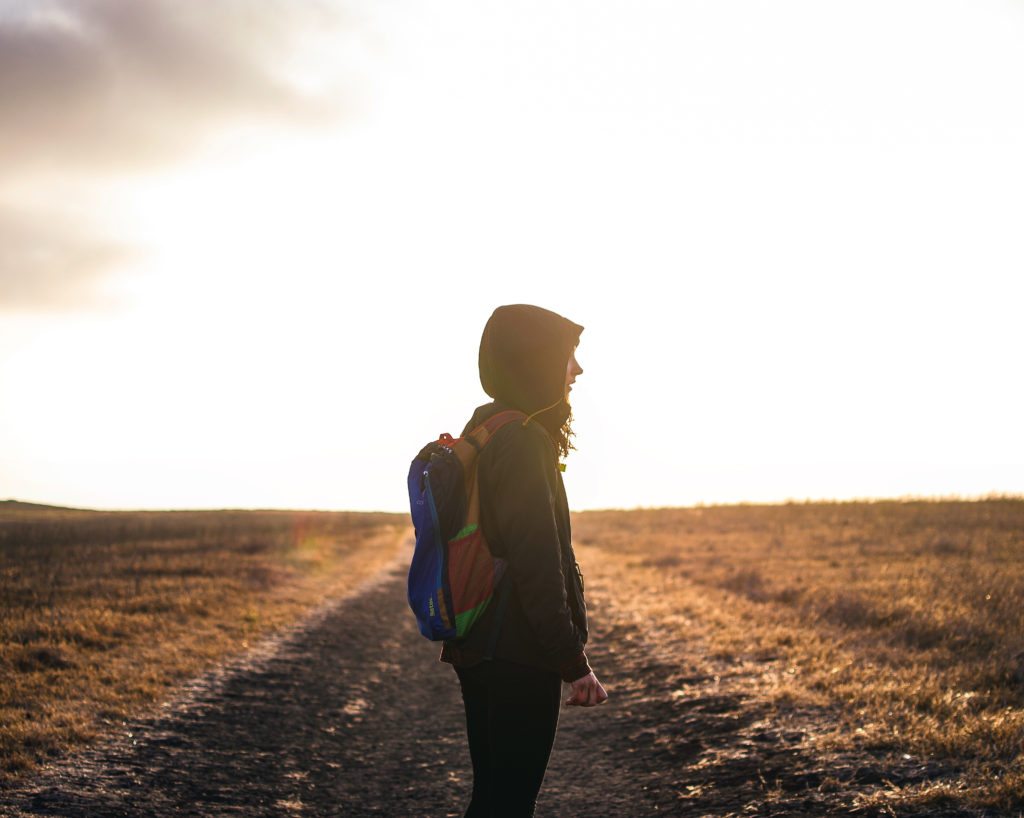The prospect of having to keep yourself isolated when you live with housemates can seem daunting. You want to keep them safe and healthy, but you also have to be able to use the shared bathroom/kitchen/laundry. Luckily, there are ways to successfully self-isolate, even when you share a home.
*Information correct as of 2 April 2020
What is self-isolation?
Self-isolation means staying at home for 14 days to prevent the possible spread of the virus to other people. Only people who usually live with you should be in the same home, with no visitors. When in isolation, monitor yourself for symptoms including fever, cough or shortness of breath. Other early symptoms include chills, body aches, sore throat, runny nose and muscle pain. If you become unwell, all other members of your household must self-isolate.
So, how should I be self-isolating?
- When sharing a house with others, you should stay in a different room from them, or be separated as much as possible. You should use a separate bathroom, if available. Another tip is to ventilate the room that you’re in, or the whole house if you’re swapping rooms. Opening windows and doors will keep fresh air flowing in.
- Avoid shared or communal areas and wear a surgical mask when moving through these areas. It’s a good idea to warn your housemates in advance (either messaging them online, or if the walls are thin enough, just shout) if you plan on coming out of your room, so they have an opportunity to leave. 1.5m of space between you and your housemates at all times is recommended.
- Surfaces in shared areas such as door handles, taps and benches should be cleaned daily with household disinfectant or a diluted bleach solution. An official cleaning guide developed by the Department of Health is available here.
- Wash your hands often and thoroughly with soap and water for 20 seconds, or use a hand sanitiser. Make sure you wash your hands before entering an area used by other people, after using the bathroom, after coughing or sneezing and before putting on and after removing masks.
- Avoid using the same household items as your housemates. You should not share dishes, drinking glasses, cups, eating utensils, towels, bedding, or other items. If you do, make sure they are washed thoroughly after use.
Can I go outside?
If you are completely well and not displaying symptoms, and live in a private house, then it is safe for you to go outside into your garden. But, you should wear a mask to minimise risk to your housemates if they are also outside. It is safe to go onto your balcony if you have one.
What if my housemate wants their partner to come over?
You should not allow people who do not have an essential need to be in the home to visit while you are in isolation. Instead, encourage your housemate to maintain online communication throughout the isolation period. You can find some app recommendations here.
What if my housemate is still going to work?
The Department of Health has announced that the necessity of your housemates to self-isolate will be determined by your public health unit on a case-by-case basis. Your public health unit will contact your housemates if they will need to isolate, too.
If your housemate still wants to be able to go to work outside of the home, you will need to ensure there is no contact between the two of you (in other words, maintain a 1.5m distance). You can find specific advice here (if you are a close contact of a confirmed case) and here (if you are suspected of having a COVID-19).
Do I actually need to wear a mask inside the house?
You should wear a mask while you are inside your home when your housemates are present. If you cannot wear a surgical mask, the people who live with you should not stay in the same room as you and should wear a mask if they enter your room.
What resources are available?
Rules on self-isolation are often changing, so make sure you keep up-to-date on the Department of Health website. Fact sheets with more information are available here, and have been translated into other languages here.
A self-isolation guide
Speaking to Insider Guides, You Oon, a nurse who travelled from her home in South Korea back to Australia and self-isolated as a precautionary measure prior to official self-isolation rules coming into place on 15 March, runs us through her tips for navigating self-isolation when you live with housemates.
What are good hygiene practices to follow during self-isolation if you live with other people?
Use your own stuff and ventilate!
Based on my own experience, it is really important to avoid sharing household items such as towels, cutleries, or plates, as COVID-19 spreads from contaminated droplets. I used my own items, and tried to stay in my room as much as possible. When I was isolated in my room, I always kept the door closed, but ventilated frequently.
Keep communal spaces sanitised
In case of using the common areas (e.g. kitchen or bathroom), I informed my flatmates that I would be present in the area in a certain timeframe, so they could avoid unnecessary contact in our house. When we needed to communicate, we always kept a distance of at least two metres (which was recommended by Korean government), and I also cleaned furniture in the common areas with home sanitiser after using it. I use Isopropyl Alcohol spray.
Be clean
Keep personal hygiene at the same level as your normal. Washing hands and daily showers always keep viruses/diseases away.
Did you wear a mask indoors when you were self-isolating?
No. I did not wear a mask because I was asymptomatic. I checked my temperature twice daily, in the morning and at night time. However, when you have flu-like symptoms, I would recommend wearing a mask indoors. In Korea, there was one case reported that a man isolated at home with flu-like symptoms, wearing masks indoors, and later on, he confirmed as positive with COVID-19, but none of his family members got infected.
How did you keep in touch with friends and family? Was this important?
I used my mobile and online messengers. I kept in touch with my family and friends as usual. When it comes to being an international student, it is important to keep in touch with family. As international students, it is really important to get enough emotional/financial support in their self-isolation period. Speaking in languages that are not your first language can be stressful, so it is really important for internationals to keep in touch with their family and friends, regarding their mental health.
As a registered nurse and healthcare professional, is there any other advice you have in regards to self-distancing?
In my opinion, as WHO has characterised COVID-19 as a pandemic, it is best to stay at home and avoid public places, however, I cannot as a nurse. One thing that I do strictly is take off my uniform immediately when I come back from work, wash hands with soap and water, and change into home wear.
What did you do for entertainment in self-isolation?
I am kind of an introverted person and enjoy being alone. I watched Netflix, YouTube, played games, did puzzles, read books and spent time with cats.
How did you get groceries?
I asked my flatmates to buy my groceries. I also ordered groceries and food, using Uber and Coles online. (Note: Coles delivery is no longer available, but you can find a range of food delivery options here)





